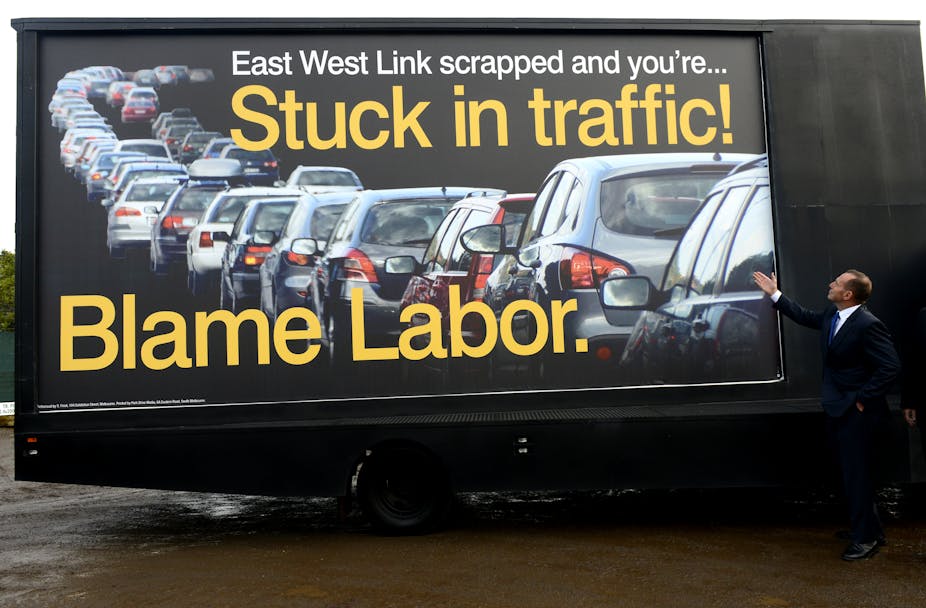Governments should open up their transport project funding decisions to greater scrutiny, including tabling an independent cost-benefit analysis in Parliament, recommends a new report from think-tank the Grattan Institute.
The report’s author, Marion Terrill, argues poor project selection is undermining economic growth in Australia. The report shows of the projects receiving Commonwealth funding since June 2012, 58% of that funding, or $3.7 billion, was spent on projects without a published project evaluation. This includes the controversial East-West Link, which was ultimately canned by the Victorian government.
The report argues governments should not only build transport infrastructure where the benefits outweigh the costs – they should build all such infrastructure, regardless of where it is based in Australia. This could help address the bias identified in the report towards projects in states with more swinging seats.
“I think we have the right to expect that these decisions are made in the best interests of the community at large,” said Terrill, who is the Grattan Institute’s Transport Program Director.
In the current environment state transport funding decisions are skewed by roads and rail listed on the National Land Transport Network.
“It’s very advantageous for the states to put forward proposals for Commonwealth funding that that are on the National Land Transport Network because 50% of the value of any funding they get for such projects from the Commonwealth is quarantined from affecting their GST share,” Terrill said.
For example, she said, the Melbourne Metro is not on that network, meaning if the Commonwealth provides funding for the project, Victoria would lose a commensurate amount of GST over the next three years. This contrasts with the East-West Link project which was on the network. This means 50% of the funding would have been quarantined and only 50% would have affected the GST the state received.
Terrill said that in the current environment there was little to stop politicians committing to projects before they were properly evaluated, particularly during election campaigns. More scrutiny, including through the public release of cost-benefit analyses undertaken by independent bodies, would help ensure funds were spent more wisely.
“Publishing business cases would be a very helpful step, so interested parties, including the general public, have the opportunity to scrutinise these projects before they’re agreed.”
With more scrutiny, the report suggests less money would be spent on highways that are not especially important to the economy, and the focus could shift back to cities, the engines of economic growth.
“When a city doubles in size it more than doubles in productivity and GDP per capita, and in innovation per capita.”
So there’s nothing bad about people increasingly choosing to live in cities, provided we don’t let congestion and overcrowding swamp the benefits.“

